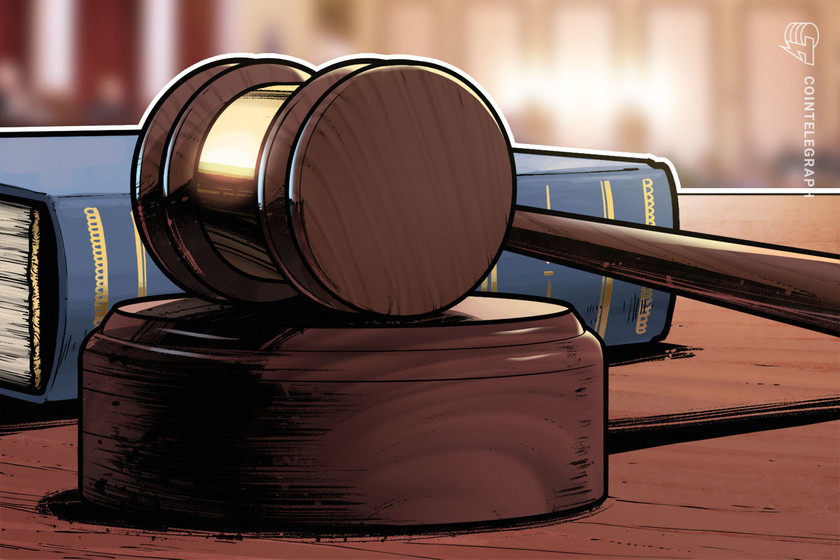Mark Cuban to face questioning under oath over promotion of Voyager


U.S. Magistrate Judge Lisette M. Reid rejected Cuban’s application to delay the deposition, and outlined that his full deposition will be taken on Feb. 2 in Dallas, Texas.
Dallas Mavericks owner Mark Cuban is set to be deposed next month as part of a defense against a proposed class-action lawsuit alleging that he promoted a Ponzi scheme” in the form of now-bankrupted crypto lender Voyager Digital.
A deposition in legal terms generally involves answering a line of questioning under oath during the pre-trial discovery stage of a potential court case.
In a Jan. 9 court order, U.S. Magistrate Judge Lisette M. Reid denied Cuban’s request to split the deposition into two sessions and ordered that his full deposition would be taken on Feb. 2 in Dallas, Texas.
As part of the defense, two Dallas Mavericks employees will also be deposed before Feb. 23.
Additionally, the judge stated that three plaintiffs behind the suit — Pierce Robertson, Rachel Gold and Sanford Gold — will be deposed before the end of this month.
In a rather feisty statement to legal news publication Law360 on Jan. 9, the plaintiffs’ counsel expressed their enthusiasm over the judge “denying Mark Cuban’s attempts to stay and delay discovery.”
“We have been litigating on behalf of hundreds of injured Voyager investors for more than a year and will finally be able to uncover evidence of what transpired, and fully understand to what extent Mr. Cuban, and his Dallas Mavericks, were involved in the ‘offering’ of these unregistered securities and to what extent he was to profit,” they said.


Cuban’s counsel also spoke to Law360 and noted that the deposition of the plaintiffs will cover “issues of standing, alleged false statements included in the complaint and questions about the Voyager accounts held by the plaintiffs.”
Related: Voyager tells court Binance acquisition plan is ‘sound business judgment,’ urgently needed
The lawsuit in question was initially filed on Aug. 10. The plaintiffs allege that Cuban misrepresented Voyager on numerous occasions before it went bankrupt, making dubious claims of it being cheaper than competitors and offering “commission-free” trading services.
The suit also alleges that the firm offered unregistered securities and that Cuban and Voyager CEO Stephen Ehrlich utilized their sophisticated experience to rope uneducated investors to pour their life savings into what they now believe to be a “Ponzi scheme.”
Voyager filed for Chapter 11 bankruptcy on July 6 after facing liquidity issues as a result of crypto winter and a hefty loan to Three Arrows Capital that was defaulted on. The firm emphasized that the move was part of a “Plan of Reorganization.”








